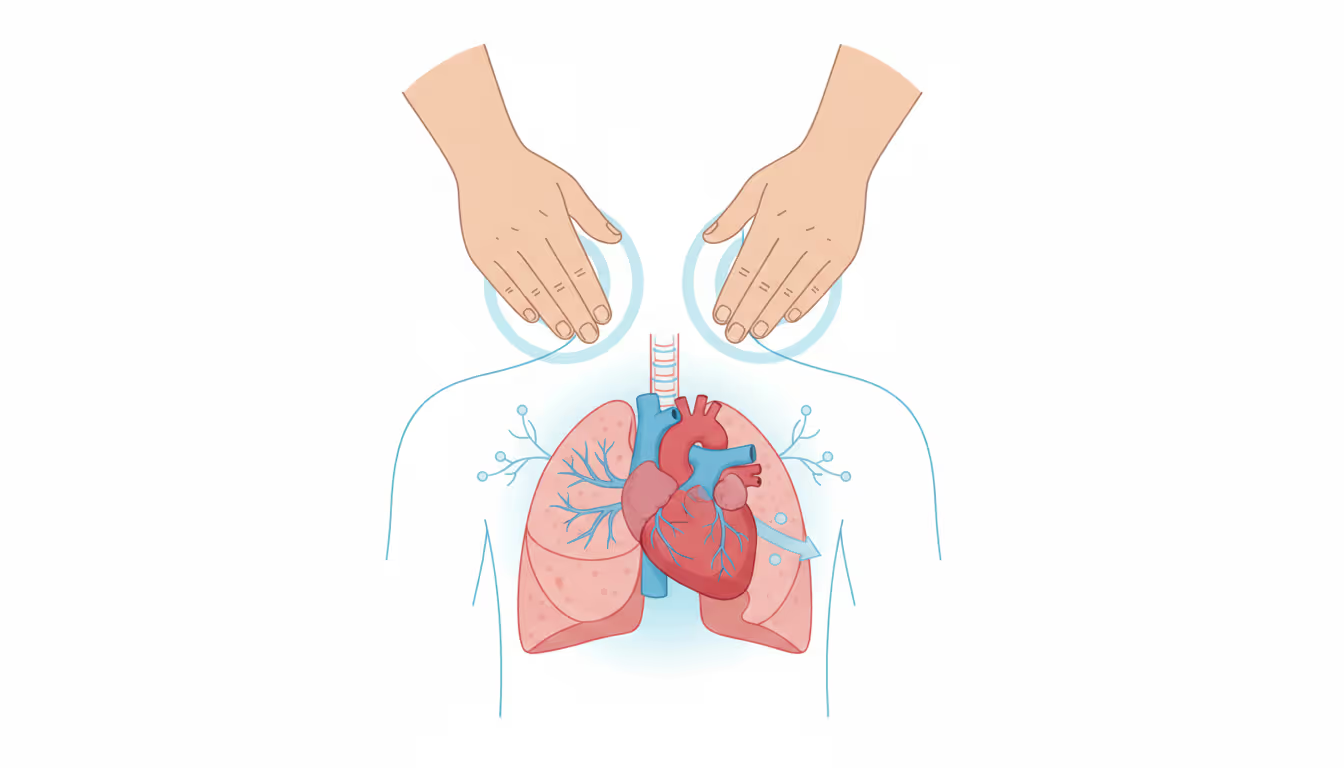
Dopamine is a crucial chemical messenger in the brain, classified as a type of molecule that functions as both a neurotransmitter and a hormone. It belongs to the monoamine group, which includes compounds containing nitrogen that are formed by substituting one or more hydrogen atoms with hydrocarbon radicals. Dopamine serves as a precursor to a related molecule, noradrenaline. It is produced through the decarboxylation process, where a carboxyl group is removed from dopa, a compound used to treat Parkinson's disease. This condition is thought to be associated with reduced dopamine levels in specific brain regions. When ingested, dopa can cross the blood-brain barrier and is transformed into dopamine within the brain. The subsequent rise in dopamine levels is believed to enhance nerve signaling and help alleviate movement disorders related to Parkinson's disease. In 1970, the Food and Drug Administration (FDA) approved the use of dopa in the form of L-Dopa, or levodopa, in the United States, marking a significant advancement in Parkinson's disease treatment.




